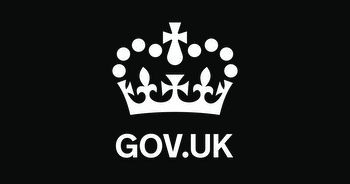Compliance for UK gambling businesses: What changed in 2020 and what to expect for 2021
There was a rise in the number of online gambling players during the COVID-19 pandemic. The 2005 Gambling Act was described as "sluggish" and "toothless" in combating problem gambling caused by increased online gaming. Betway and Caesars Entertainment UK paid over £10m for breaching AML and problem betting laws. Emergency laws were enacted in 2020 and are expected to change in 2021.
The Gambling Commission introduced new regulations in 2020. Businesses are required to conduct affordability checks, prevent reverse withdrawals and put restrictions on bonus offers for customers showing signs of harm. The G gambling platforms can no longer accept credit card payments. Vulnerable VIPs are also being monitored. The 15-year-old G betting act was deemed inadequate. Online operators are now required by law to join the national online self-exclusion scheme, GAMSTOP. It is hoped that more problem gamblers can be prevented from accessing gaming platforms.
The UK is raising the age limit for purchasing physical National Lottery tickets from 16 to 18. Online lottery sales to under-18’s are prohibited from April 2021. There will be more restrictions on online advertising concerning gambling for children.
The Gambling Commission is likely to raise licensing standards and tighten sanctions for non-compliance. New customers may see reduced deposit thresholds and bonus rules. The future G gambling act could be a transformative moment for the UK gambling sector. It is not yet clear when the new Gabbling Act will come into effect. It will most likely happen in 2022. Businesses must be aware of the incoming changes in order to stay compliant and continue growing. They should be on top of AML and responsible gaming best practices. There should also be accurate verification system to detect problem gamblers.




































